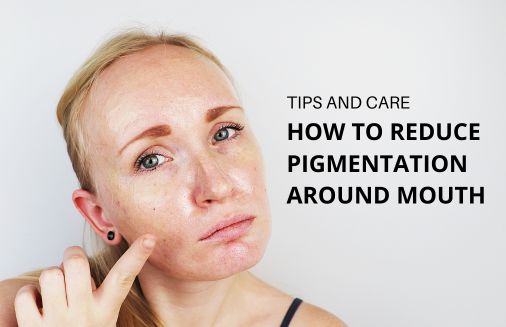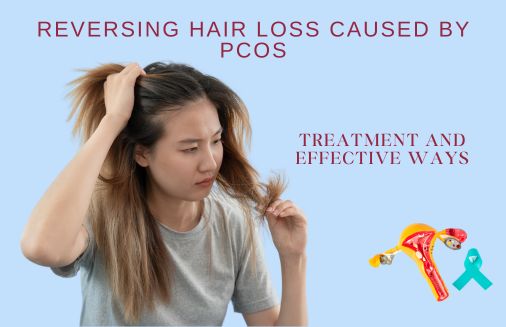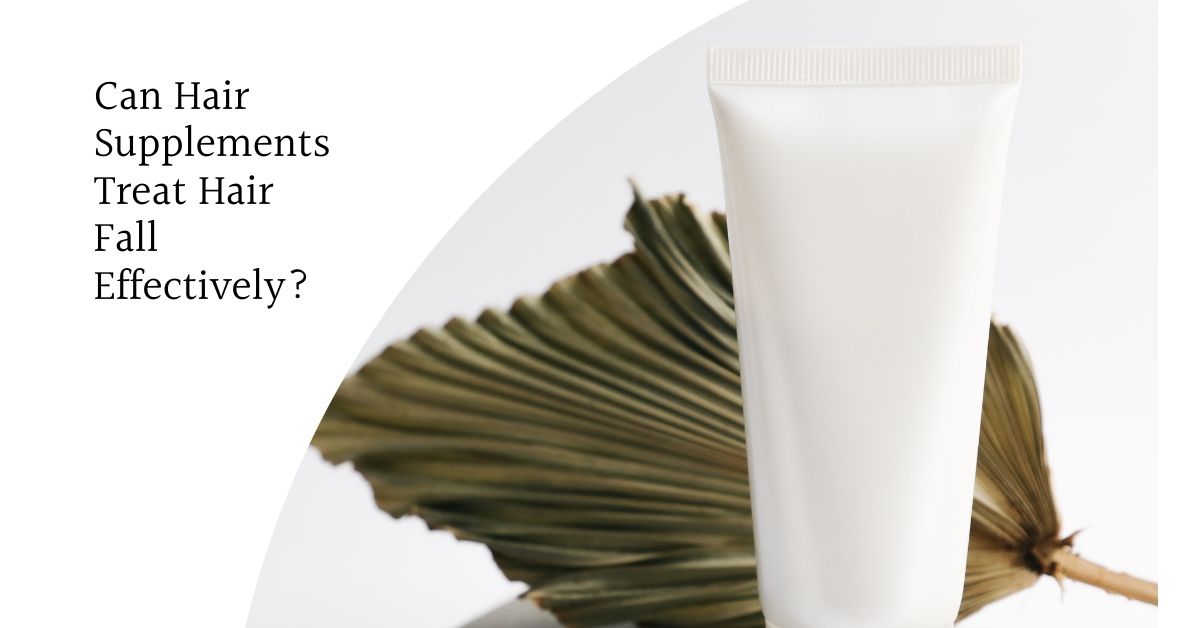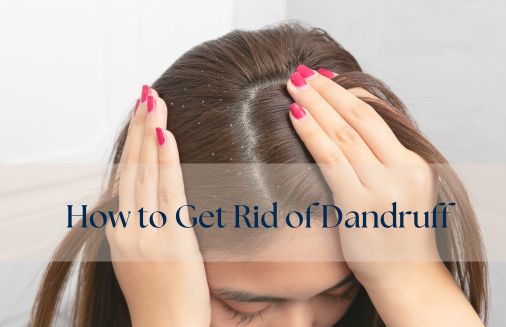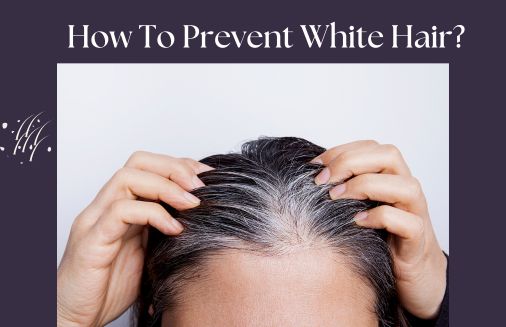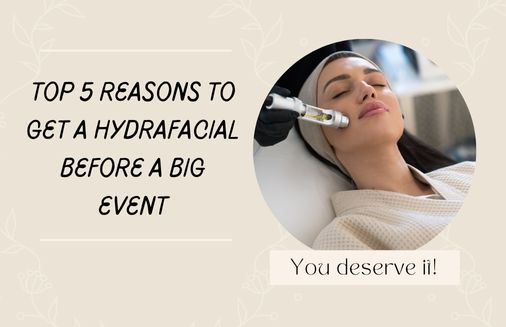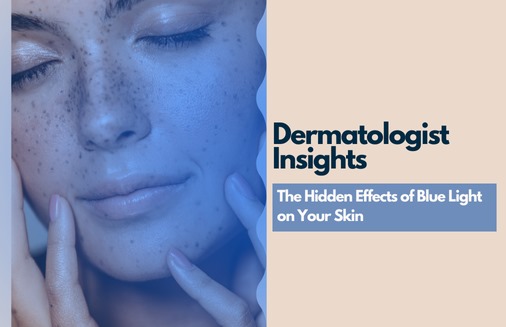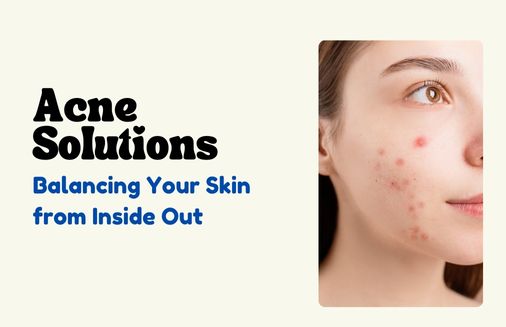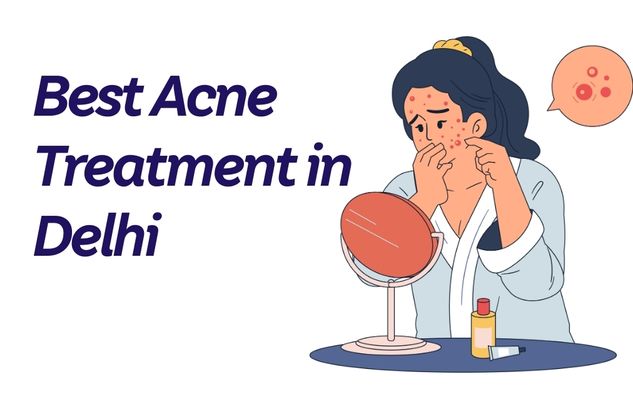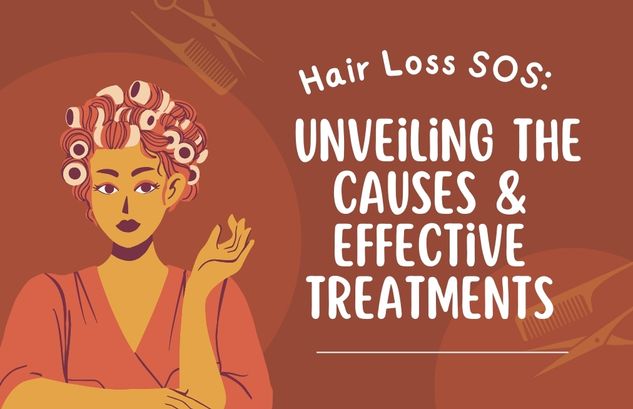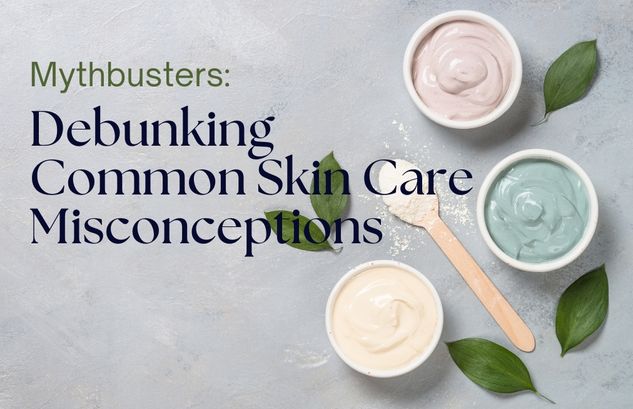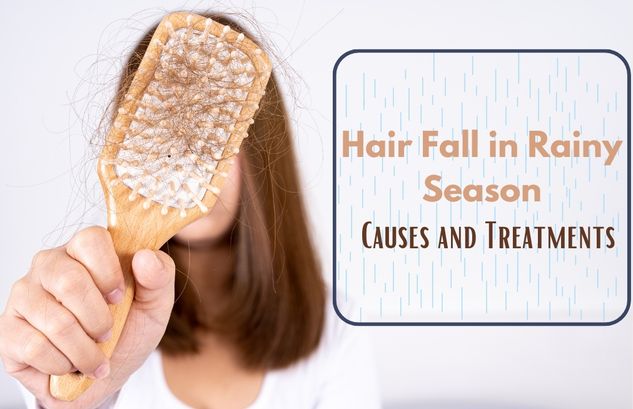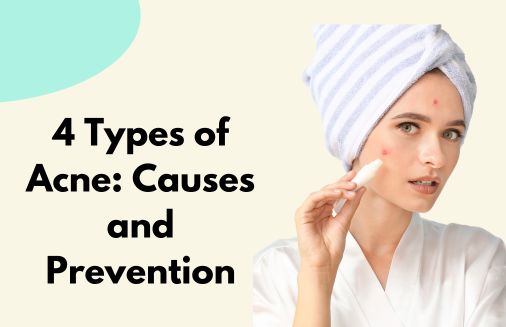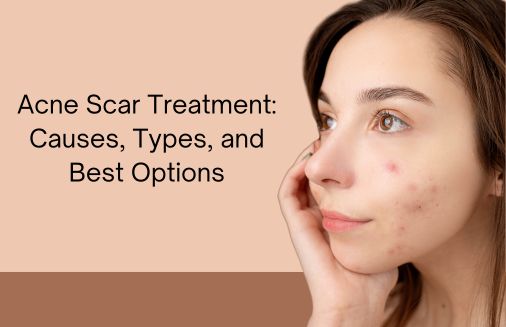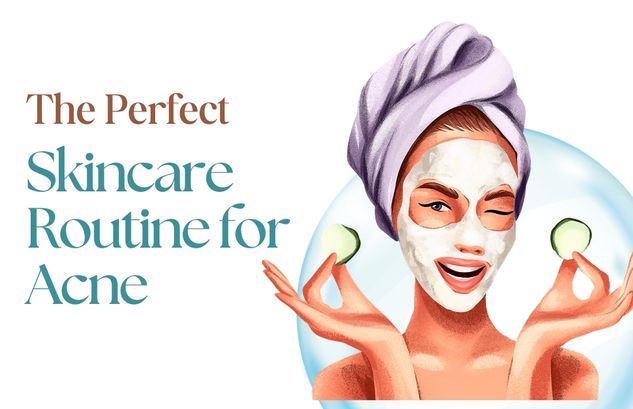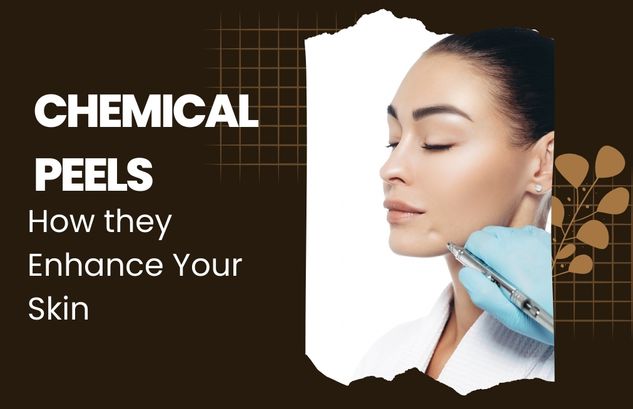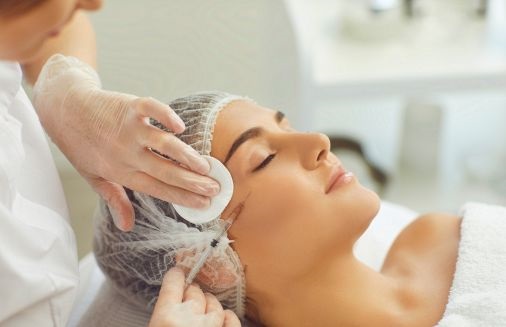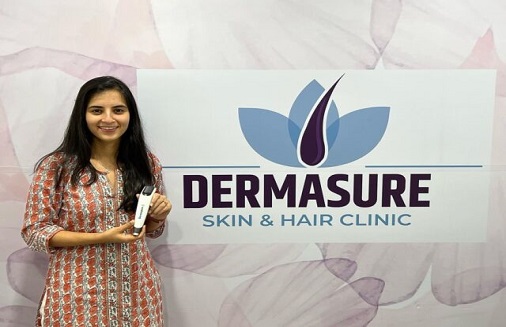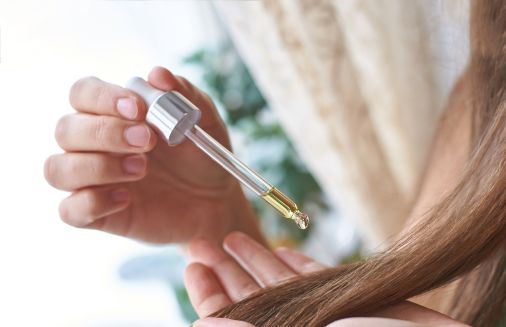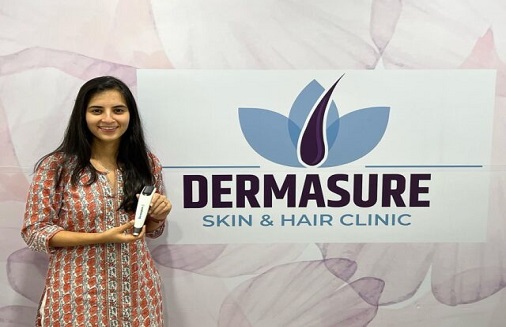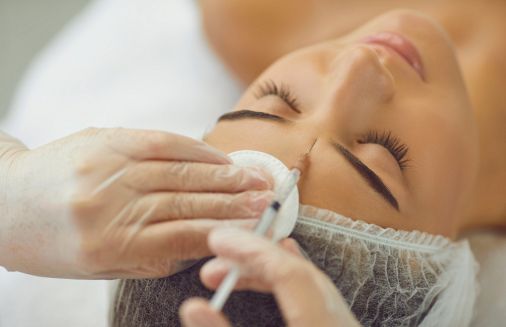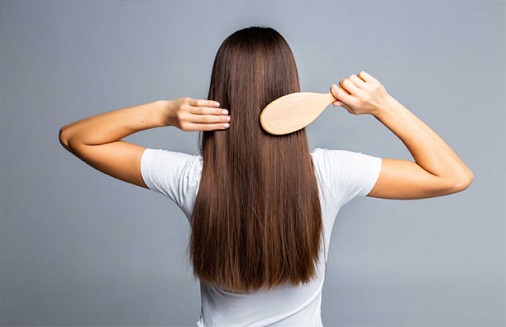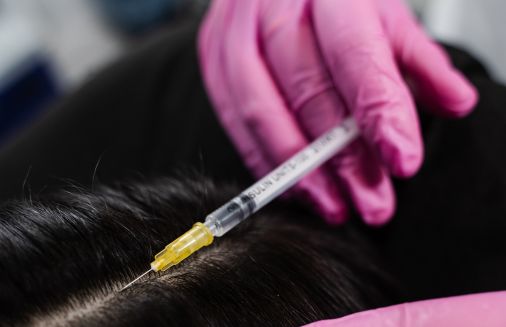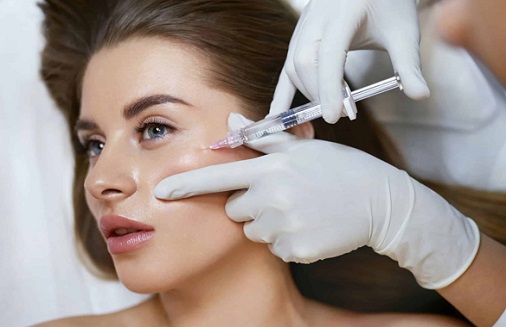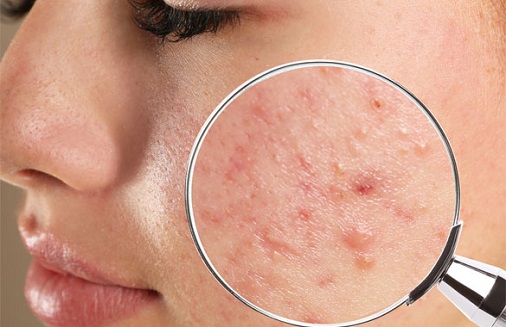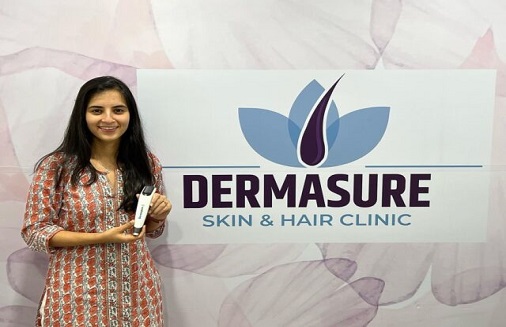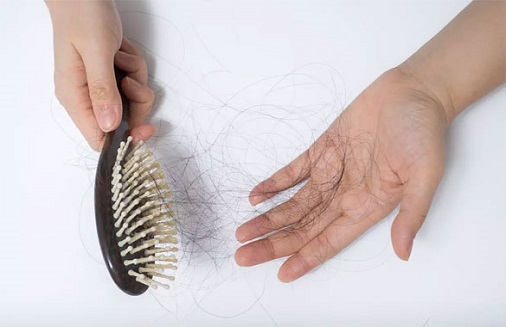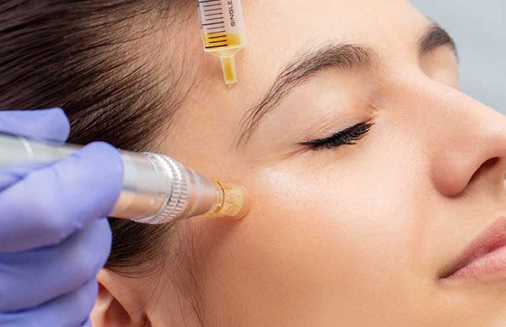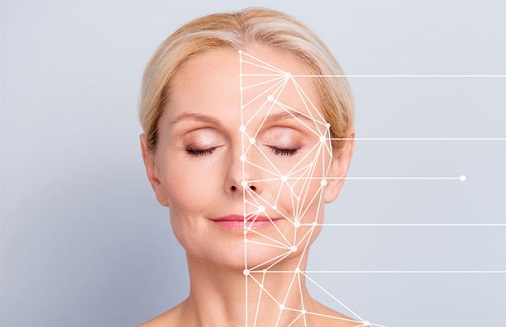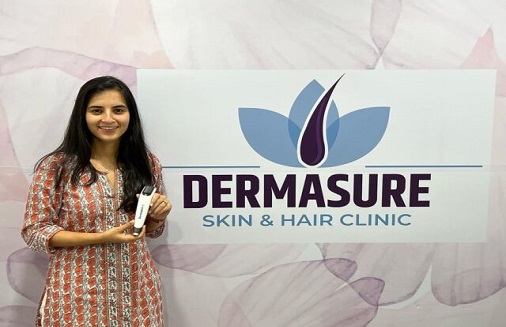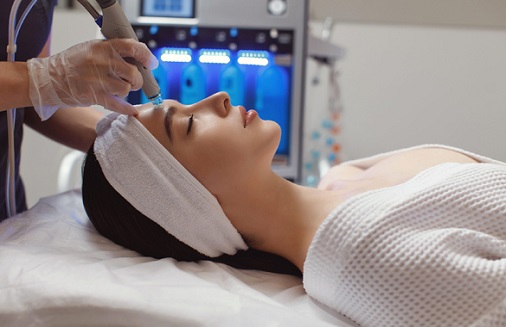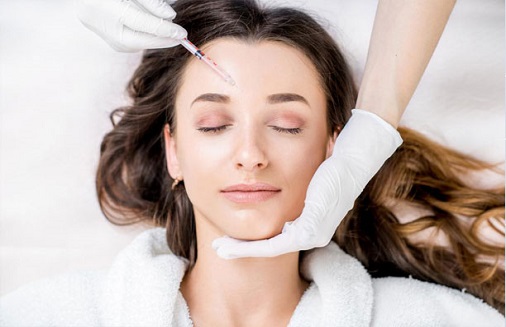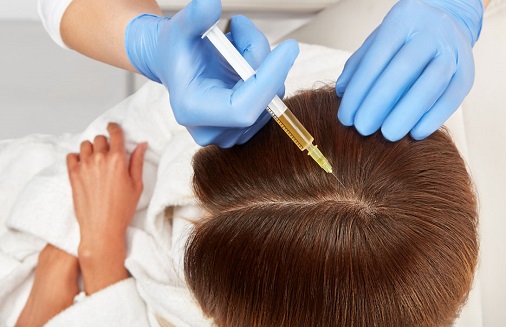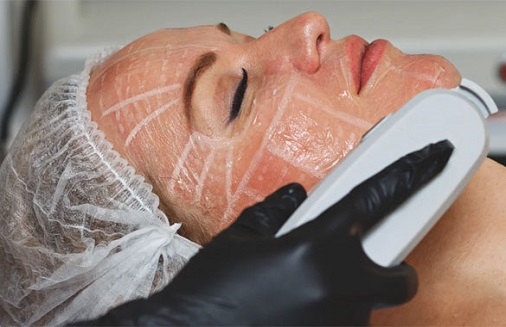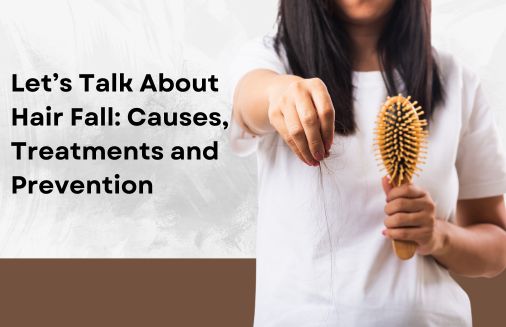
Strands of hair falling on places they shouldn’t be. A fistful of hair when you try to comb. Noticing bald patches in the mirror.
The thought of hairfall can be stressful enough. If you’ve been facing hair fall problems recently, this blog is for you.
Understanding Hair Fall: Causes, Treatments, and Prevention
Losing hair is pretty common. As a general observation, an average human loses about 100 strands of hair everyday as part of hair’s usual growth cycle. But normal hair regrowth can make up for the amount of hair loss. This applies for hair on your body as well.
The problem is when hairfall occurs in excess of hair-regrowth, making you think if you’re going to go bald. There can be plenty of reasons for that —- disorders, hormonal changes, ageing, inherited conditions or stress. These can interfere with your normal hair cycle and make you lose hair incessantly, while not regenerating new hair.
If you’re losing hair without experiencing hair regrowth, you might notice changes in your hair volumeand length. This can occur over a period of time and it can be difficult to point out as to how it started.
Not sure how your hair fall started and ways to control it? Consider seeking professional help from a leading skin and hair clinic in Delhi.
Types of Hair Fall
A condition wherein you experience more shedding of hair than hair growth, it’s known as alopecia (hair loss). There are several causes of hair fall, and it can affect adults of any gender and even children. You may lose hair just on your head or from your body as well.
Some types of hair loss are permanent, while others are temporary. The most common types of hair loss include:
Alopecia areata: It is an autoimmune disease in which the person experiences hair loss from the head and body. In a condition like alopecia areata, the person loses hair in patches. If addressed on time by a qualified dermatologist, this condition can be under control and the person can secure their existing hair strands.
Telogen effluvium: In this type of hair loss, the person may experience rapid hairfall in a short amount of time. Telogen effluvium can be a result of hormonal changes, or certain reactions of the human body when it undergoes physical strain or emotional stress. This condition can take a few months to show up, but once in, it can make a person lose a significant amount of hair.
Trichotillomania: This is a psychological condition that results in an irresistible urge to pull hair from your scalp or other body parts. To keep this condition under control, adequate psychological help and therapy is required.
Anagen effluvium: This form of rapid hair fall takes place because of certain medical treatments, such as chemotherapy. Although, this condition is entirely reversible, which means the person can get their hair back within 3-6 months. This depends after the medical treatment is ceased and the hair follicles get back to regenerating new hair within a few weeks.
Androgenic alopecia: Also synonymous with male pattern/female pattern baldness, this condition affects men and women equally. For men, it can be hair fall in patches while for women it may appear as a widening of central partition. Although there are continuous studies and researches on how to reverse Androgenic alopecia, some medications can prevent further hair loss and stop the condition from getting worse. Usually, the best course of action for severe androgenic alopecia is to start treatment in early stages of hair thinning
Thinking of getting a hair transplant in South Delhi? Our expert dermatologist can look into your hair problem and guide you through your hair gain journey.
Causes of Hair Fall
What causes hairfall and ways to reverse hair loss may not always be obvious. However, here are certain factors that can contribute to consistent hair fall:
Quick Tips For Maintaining Healthy Hair
Long, luscious locks of hair is everyone’s dream.
Owing to today’s stressful and demanding lifestyles, it can be challenging to maintain hair regrowth and the quality of hair strands. With a few steps on your checklist, you can be successful in preventing hair fall, which are:
A Nutritious Diet
Good health = good hair. Hair is made up of keratin, a form of protein that thrives on good protein intake and maintenance. You may be compelled to go after quick fixes like hair-growth products, but the real work for hair regrowth will be done by a balanced diet that is replete with protein, Vitamins and other micronutrients.
This is what dermatologists suggest for a healthy hair growth:
- Legumes
- Poultry (Eggs, Chicken, etc.)
- Fish
- Low-fat dairy products
- Beans
- Spinach, Berries and Potatoes (for boosted collagen production)
Now, incorporating these foods also means to avoid items like:
- Processed and fried foods
- Saturated fat-containing foods
- Refined sugars
- Highly processed dairy products
Lastly, stress is one of the major factors to corroborate hair fall. High stress levels have indicated more hair loss than any other aspect, so learning to regulate stress also becomes the first step in managing hair fall.
For effective stress management, you could try meditating, yoga, breathing techniques, or seek counselling. Addressing stress-inducers in your life may also help reduce stress, which can further bring additional health benefits.
Proper Hair Care
Healthy hair starts with a healthy scalp. When you’re using the right products in the right amount, half of the work is done. You can go for products designed for hair type, whether it’s oily, dry, normal, dyed, etc.
Although there are umpteen products in the market, choosing the right ones take some trial and error. This would require paying close attention to how your hair responds and making conscious choices in order to improve follicle health.
Moreover, everything would work if you are mindful of your hair care. Common practices for maintaining hair health are:
- Avoid hot water to wash hair
- Use a thorough cleaning shampoo
- Always towel-dry your hair gently when you’re done.
- Dry your hair after washing on low heat. High temperatures can damage damp hair easily.
Hair Fall Treatment
There are several options available for treating hair fall, each depending on the cause and severity. Here are some common hair fall treatment options in Delhi:
Medication
Minoxidil (Rogaine): An over-the-counter medication that comes in liquid, foam, or shampoo form.
It helps to slow hair loss and may promote some regrowth.
Finasteride (Propecia): This prescription applies to men exclusively. It blocks production of a hormone in the body that contributes to hair loss.
Note: These medications should be administered after taking a professional’s advice. Taking these without medical supervision may cause side-effects.
Hair Transplant Surgery
In cases where it is impossible to recover lost hair, dermatologists recommend hair transplant. In simpler words, it’s a surgical procedure wherein the dermatologist shifts hair follicles from an area of the body to the scalp or affected area.
Here is a prominent hair transplant surgery:
- Follicular unit extraction (FUE)
This is a minimally scarring technique where the hair specialist extracts individual follicular units and then implants them into the affected area using similar methods to FUT.
Low-level laser therapy (LLLT)
While there’s plenty of ongoing research on this one, it can turn out to be highly-effective for some cases. This is a non-surgical hair fall treatment that uses low-level lasers to stimulate hair growth.
Stages of Hair Growth
Your hair grows in four different stages. This cycle of hair growth is necessary to ensure that you have full length of healthy hair. When this cycle is disrupted, it can affect hair growth and result in hair loss.
Anagen
This is the prime time for hair growth, as hair follicles are on their best performance to churn out new hair. This is the longest phase that lasts for 3-7 years, and hair cells are rapidly dividing and pushing out a new hair strand. Interestingly, this phase can vary depending on factors like genetics and age.
Catagen
This phase follows the Anagen phase, wherein hair follicles shrink and hair growth slows. The hair also separates from the bottom of the hair follicle, yet stays intact its final days of growing. This phase lasts for as long as 10 days. If you’re thinking about how it works out, only five percent of your hair undergo the catagen phase at one point of time.
Telogen
This is the resting phase for hair follicles and it typically lasts about 3 months. While no growth takes place during this period, the existing hair remains attached and doesn’t fall out just yet. During Telogen, new hair growth begins to develop beneath the telogen hair in the follicle, eventually shedding the old hair. Around 10-15% of your scalp hair is typically in this resting phase.
Exogen
Although this phase implies shedding of the hair, it is important to do away with old hair so the follicles can regenerate newer and healthier strands.
This phase can last about 2 to 5 months, and during exogen, new hair are always growing as the old ones are being shed.
Hair Regrowth Treatment Options at Dermasure
At Dermasure, one of the best skin and hair clinics in Delhi, we treat hair problems with care and professionalism. Every case is unique for us, and our hair expert, Dr. Shirin Bakshi provides personalized treatment for every hair disorder.
Here’s a quick rundown of our special hair growth treatments:
1. PRP Treatment for Hair Loss
PRP Treatment in Delhi is a popular, less-invasive treatment that harnesses your body’s healing power to potentially regrow hair. You can undergo this therapy and go back to your routine on the same day.
2. Laser Hair Treatment
Low-level lasers help stimulate hair growth. Non-invasive and effective, this treatment usually guarantees the best results.
3. Hair Transplant
This surgical procedure involves transplanting hair follicles to bald or thinning areas for a permanent solution.
Feels like you could use any of these to restore your hair? Consult the best hair dermatologist in Delhi and get the solution for all your hair and skin problems.


